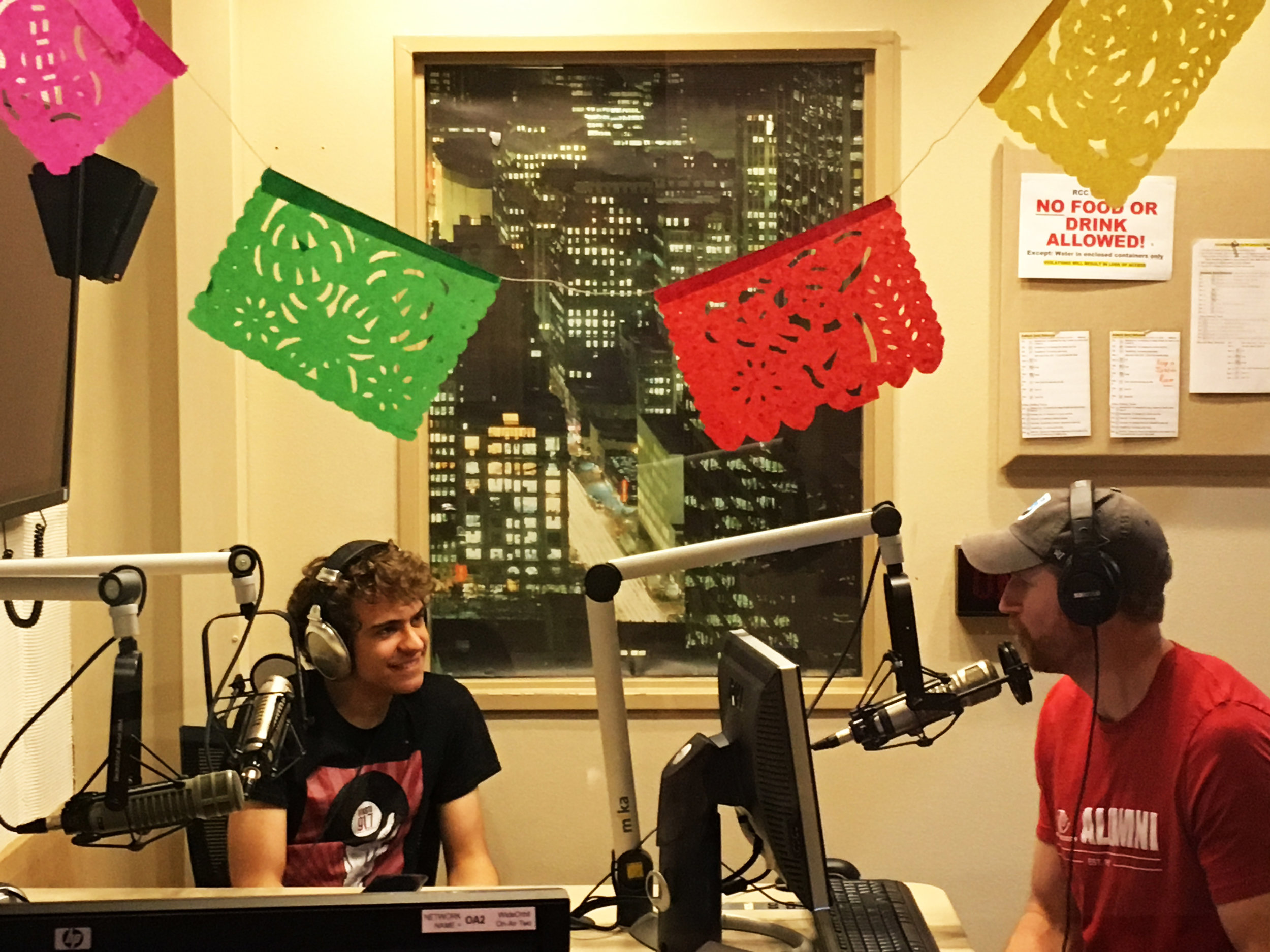Although the Riot Grrrl movement that so boldly graced the '90s claimed to be a wave of feminism that looked to empower and include women of all shapes, sizes, and colors, these sentiments fell short in being satisfied. Laina Dawes wrote a lengthy piece about why she was never a riot grrrl, citing how she felt "there was little to no concern as to how ethnicity made [her] experience as a [black] woman different" from the white women leading the movement.
The Riot Grrrl movement was born in the early '90s in Olympia, Washington. With mostly white women leading the movement, the overall message they wanted to communicate was one that encouraged women to create a voice of their own, one that allowed them to express the grievances that predominantly-male environments would not allow them to; however, considering the demographics of the individuals leading this movement, voices of minorities often fell through the cracks.
Examining this movement retrospectively, the influence that the riot grrrl movement left behind often shines brightly in the history of white feminism, but unfortunately lacks that intersectional glow. Although riot grrrls often did their best to encourage women to make their voices heard, it essentially became a movement that was coined for "young, white, suburban, middle class" women. Should one watch the documentary The Punk Singer, a movie that centers around the story of riot grrrl leader and Bikini Kill front-woman Kathleen Hanna, one will immediately notice the lack of representation and inclusion of women of color. Kathleen Hanna's participation in Michigan Womyn's Festival, a festival with a strict womyn-born-womyn policy that only allows women who were female assigned at birth to attend, led to the erasure of transgender women's identities as valid.
In failing to view feminism through an intersectional lens, riot grrrls and their supposed "empowering" sentiments are quickly discredited considering the gender and racial biases that prevented women of color and transgender women from experiencing the sense of empowerment that only white women were able to benefit from. Ideally, had riot grrrls worked harder toward a more progressive movement that looked to include and tackle the grievances of women of ALL gender, racial, religious, and class identities, then their goals would have triumphantly been met and all women would have been able to feel empowered and valid.













